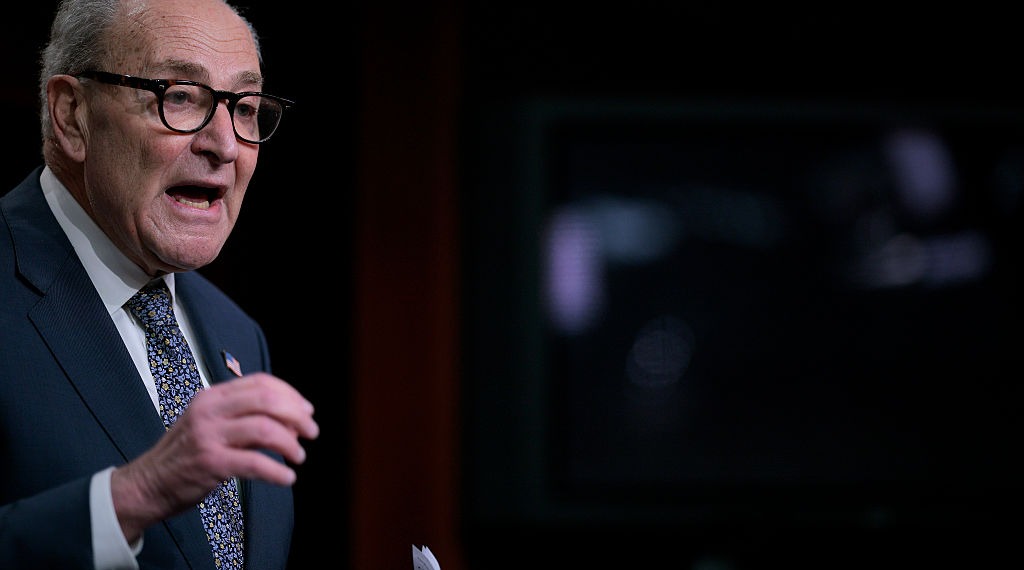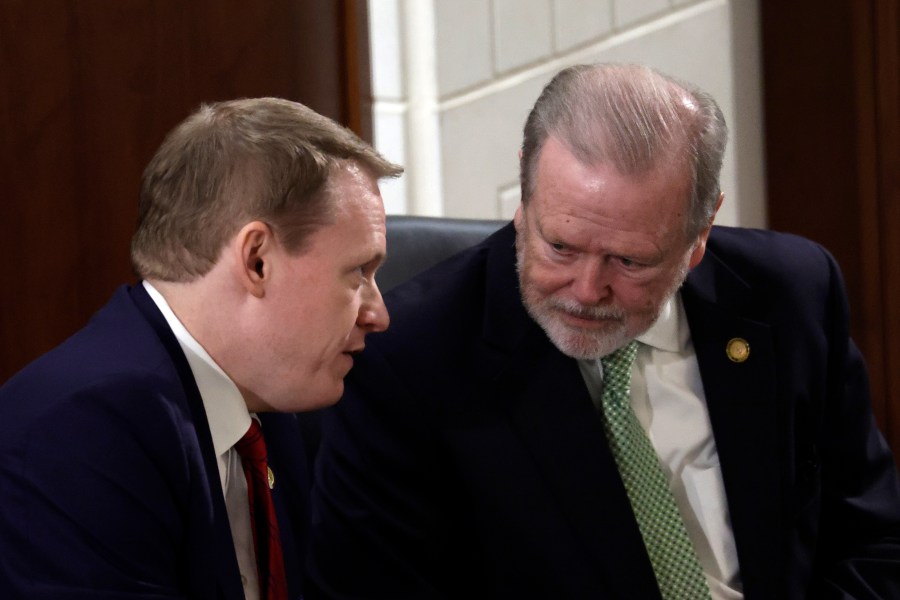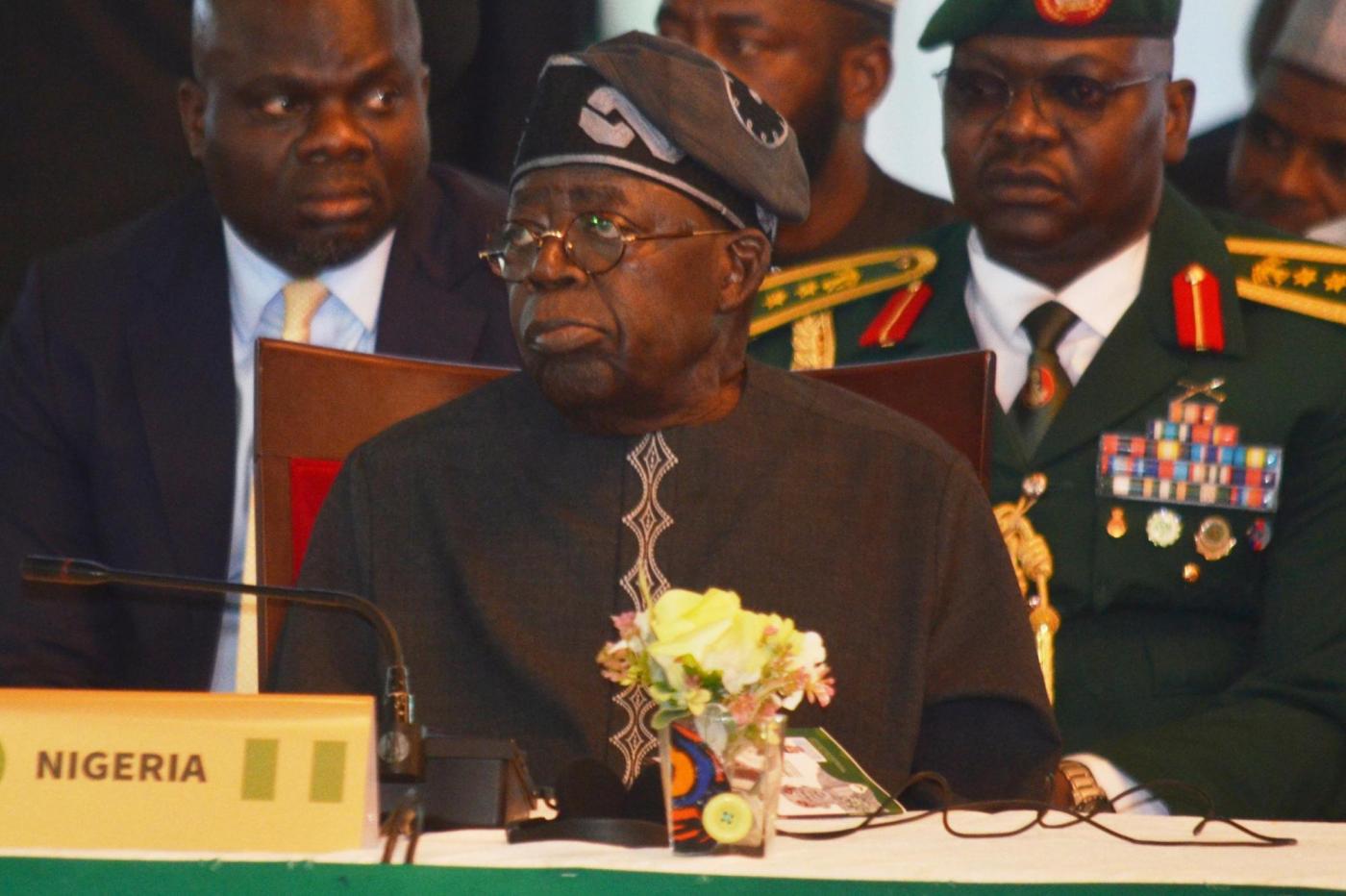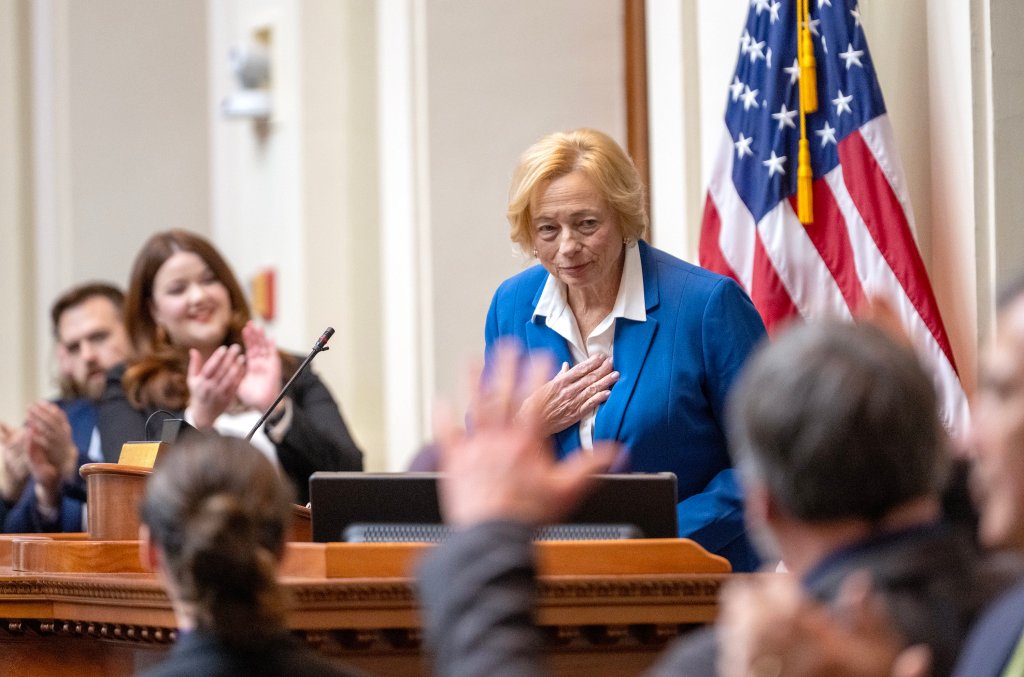Senate Democrats on Tuesday blocked a Republican-led measure aimed at reopening the federal government, marking the 14th time such a proposal has been rejected. This decision ensures that the ongoing shutdown will break the record for the longest in U.S. history, having reached day 35. The stalemate centers around critical issues related to healthcare policy and federal spending priorities.
The House-passed continuing resolution (CR) was turned away once again by Democrats, who have remained firm in their stance that they will not agree to reopen the government without a solid agreement on extending Obamacare subsidies. Senate Majority Leader Chuck Schumer, a Democrat from New York, pointed fingers at Republicans and former President Donald Trump, accusing them of neglecting the rising healthcare costs that affect many Americans.
“The only plan Republicans have for healthcare seems to be to eliminate it, and then to tell working people to go figure it out on their own,” Schumer stated on the Senate floor. “That’s not a healthcare plan. That’s cruel.”
Despite Schumer’s resolute position, signs of fatigue are surfacing among Senate Democrats. Nearly a dozen members convened privately on Monday night to explore potential solutions to end the impasse. Meanwhile, Senate Minority Leader John Thune, a Republican from South Dakota, expressed cautious optimism about reaching a resolution. “The pressures, the cross pressures that everybody’s feeling, are great,” he remarked. “But I think there are people who realize this has gone on long enough and that there’s been enough pain inflicted on the American people. It’s time to end it.”
Republicans have proposed various compromises, including a guarantee for a vote on the Obamacare subsidies once the government reopens. With the current CR set to expire on November 21, 2023, lawmakers face a pressing deadline to pass more comprehensive spending bills. Some legislators are considering extending the resolution into December or January to avert another shutdown and to prevent a massive year-end omnibus package. Others are exploring a smaller “minibus” of spending bills linked to the next CR.
Senator Mike Rounds, a Republican from South Dakota involved in bipartisan discussions, emphasized that Democrats could resolve the situation with a single vote. “Bottom line is they can stop all this with one vote and get back to work on a bipartisan basis,” Rounds declared.
Senator Lisa Murkowski from Alaska has suggested a two-year extension of the Obamacare subsidies as a possible compromise. She acknowledged the challenges in achieving meaningful reforms, particularly since insurers have already submitted new rates. “It’s just what’s the right concoction?” Murkowski pondered regarding the ongoing negotiations.
Some Senate Democrats voiced frustration over President Trump’s lack of engagement in the discussions. He has declined repeated requests to meet with Schumer and House Minority Leader Hakeem Jeffries, a Democrat from New York, until the government reopens. Instead, Trump has urged Republicans to eliminate the Senate filibuster to expedite their agenda.
“At no point since October 1 has Donald Trump agreed to sit down with Democratic leaders,” said Senator Andy Kim, a Democrat from New Jersey. “If he’s got time to tweet, he’s got time to just come and talk to us.”
As the shutdown extends into record territory, it is clear that both parties are feeling the weight of public frustration. Yet, neither side appears prepared to make the first move toward resolving the standoff. The situation continues to evolve, with Americans caught in the crossfire of political maneuvering that has significant implications for federal services and healthcare accessibility.







